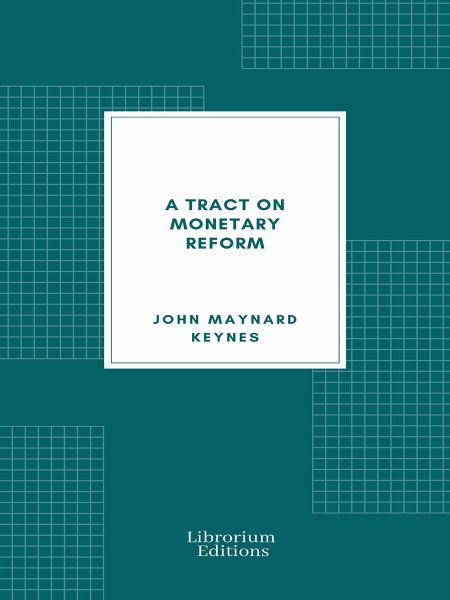We leave Saving to the private investor, and we encourage him to place his savings mainly in titles to money. We leave the responsibility for setting Production in motion to the business man, who is mainly influenced by the profits which he expects to accrue to himself in terms of money. Those who are not in favour of drastic changes in the existing organisation of society believe that these arrangements, being in accord with human nature, have great advantages. But they cannot work properly if the money, which they assume as a stable measuring-rod, is undependable. Unemployment, the precarious life of the worker, the disappointment of expectation, the sudden loss of savings, the excessive windfalls to individuals, the speculator, the profiteer—all proceed, in large measure, from the instability of the standard of value.









